Have you ever found yourself feeling down, lacking motivation, or losing interest in activities you once enjoyed? If so, you may be experiencing mild depression. It’s essential to recognize the signs of mild depression and understand its causes and treatment options.
What is Mild Depression?
Mild depression, also known as dysthymia or persistent depressive disorder, is a form of depression that lies on the milder end of the depressive spectrum.
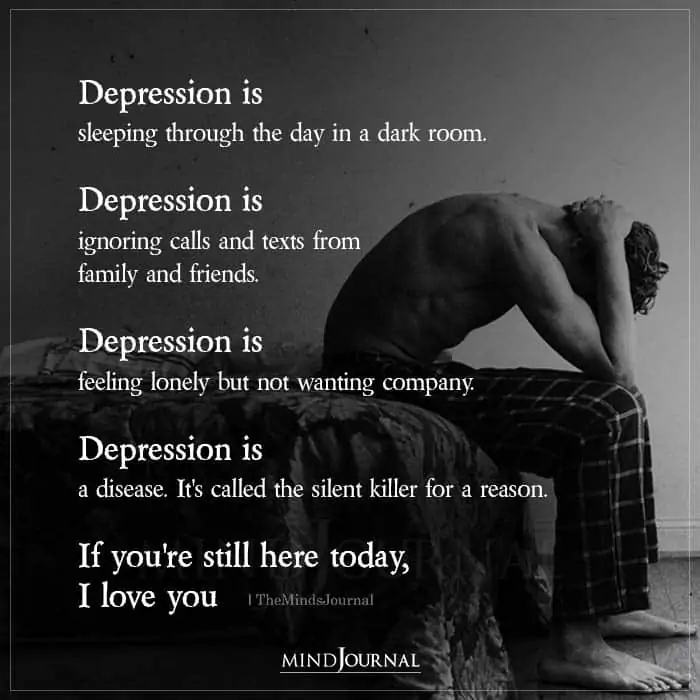
Unlike major depression, which is characterized by intense and debilitating symptoms, mild depression presents with persistent but less severe feelings of sadness, hopelessness, and a general lack of interest in life.
It’s like living under a persistent gray cloud, where joy becomes elusive, but daily functioning is not significantly impaired.
Related: Understanding The Difference Between Sadness and Depression
Signs of Mild Depression: 9 Red Flags To Be Aware Of
The signs of mild depression can be subtle yet impactful. Here’s how to recognize and identify this common mental health condition –
1. Lingering Sadness
Individuals with mild depression often experience a persistent low mood that lasts for most of the day, nearly every day. This sadness may not be as intense as in major depression but can still cast a shadow over daily life.
2. Loss of Interest
A diminished capacity to find pleasure or interest in activities that were once enjoyable is a common sign of mild depression. Hobbies, socializing, and even spending time with loved ones may feel more like obligations than sources of joy.
3. Fatigue and Low Energy
Feeling tired, lacking energy, and experiencing a general sense of fatigue are frequent companions of mild depression. Even simple tasks may require a significant effort.
4. Changes in Appetite
Mild depression can manifest as changes in appetite, leading to weight gain or loss. Some individuals may experience an increase in cravings for comfort foods, while others may lose interest in eating altogether.
5. Sleep Disturbances
Insomnia or excessive sleep can be indicative of mild depression. Some individuals may struggle to fall asleep or experience frequent awakenings during the night, while others may oversleep and find it challenging to get out of bed.
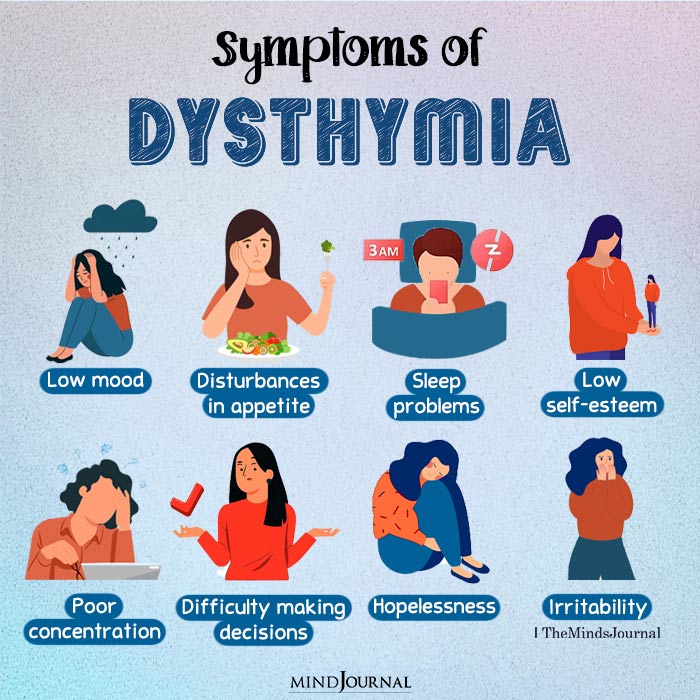
6. Difficulty Concentrating
Mild depression can affect cognitive function, making it harder to concentrate, remember details, or make decisions. Individuals may feel mentally foggy or find it challenging to stay focused on tasks.
7. Feelings of Worthlessness
Self-critical thoughts and a pervasive sense of unworthiness are common markers of mild depression. Individuals may question their abilities, talents, and value, leading to decreased self-esteem. This is one of the basic signs of mild depression.
8. Social Withdrawal
Withdrawing from social interactions and isolating oneself is a common response to mild depression. Individuals may feel a reluctance to engage with others, fearing their low mood will dampen the mood of those around them.
Related: High-Functioning Depression: 7 Signs You Are Suffering In Silence
9. Irritability and Restlessness
While sadness is a prominent feature of mild depression, irritability and restlessness can also be apparent. Small frustrations may feel magnified, and individuals may struggle to find calm or contentment.
Major Causes of Mild Depression: 5 Contributing Factors
Mild depression can arise from a combination of genetic, environmental, and psychological factors. Some common causes include:
1. Biological Factors
Imbalances in brain chemicals, such as serotonin, norepinephrine, and dopamine, can contribute to mild depression.
2. Family History
Having a family member with a history of depression can increase the likelihood of developing mild depression.
3. Early Life Experiences
Traumatic or stressful events during childhood, such as abuse, neglect, or loss, can leave lasting emotional imprints and predispose individuals to mild depression.
4. Personality Traits
Certain personality traits, such as being highly self-critical, perfectionistic, or prone to negative thinking, can increase vulnerability to developing mild depression. This is one of the main causes of mild depression.
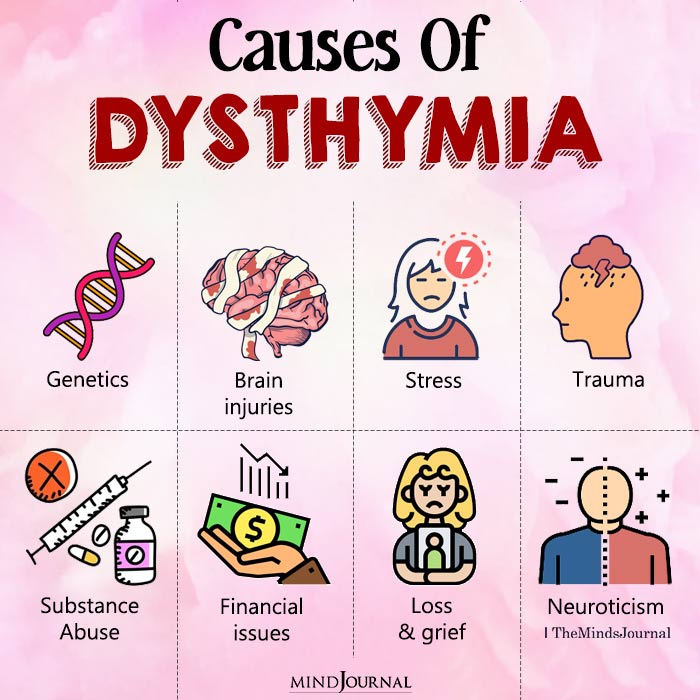
5. Chronic Stress
Long-term exposure to stress, whether due to work, relationships, or other life circumstances, can erode one’s resilience and contribute to the development of mild depression.
However, understanding the causes and signs of mild depression is not enough, we must also explore how to deal with mild depression.
Related: The 10 Basic Do’s And Don’ts Of Depression
Treatment for Mild Depression You Can Go For
Fortunately, mild depression is highly treatable, and various approaches can help individuals find relief and regain a sense of well-being. Here are some common treatment options:
1. Seek Professional Help
Seeking the guidance of a mental health professional, such as a psychiatrist or psychologist, can provide tailored support and guidance in managing mild depression. They can help develop an individualized treatment plan and offer ongoing support throughout the healing process.
Talk therapy, such as cognitive-behavioral therapy (CBT), is a highly effective treatment for mild depression. It helps individuals identify and challenge negative thought patterns, develop coping strategies, and improve overall emotional well-being.
2. Medication
In some cases, antidepressant medication may be prescribed to help alleviate the symptoms of mild depression. Antidepressants work by balancing brain chemicals and can be particularly beneficial when combined with therapy.
3. Lifestyle Changes
Engaging in regular exercise, maintaining a balanced diet, getting adequate sleep, and managing stress can significantly improve symptoms of mild depression. These lifestyle changes promote overall well-being and support mental health.
4. Social Support
Building a strong support network and seeking connection with others is crucial when dealing with mild depression. Sharing experiences, seeking understanding, and receiving support can help alleviate feelings of isolation and provide a sense of belonging.
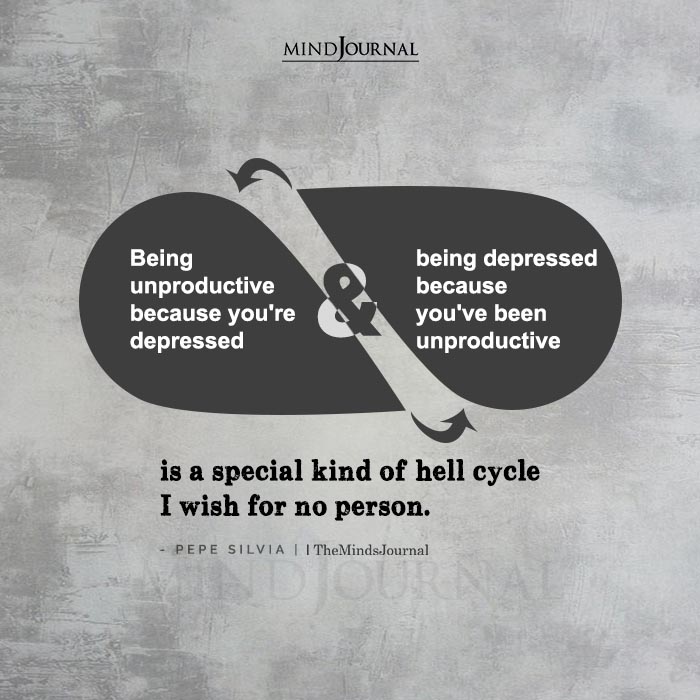
5. Self-Care Practices
Engaging in self-care activities, such as practicing mindfulness or meditation, pursuing hobbies, engaging in creative outlets, and taking time for relaxation and rejuvenation, can help individuals manage mild depression and cultivate a sense of self-nurturing.
6. Support Groups
Joining support groups or seeking community resources can provide an opportunity to connect with others who are facing similar challenges. Sharing experiences and learning from others can foster a sense of validation, understanding, and hope.
Related: How To Overcome Negative Thinking And Depression
Takeaway
Mild depression is a common condition that affects many individuals, but it’s essential to recognize the signs of mild depression and seek appropriate treatment. Remember, you are not alone, and there is hope for recovery.
By understanding the signs, causes, and available treatment options, you can take the necessary steps towards healing and regaining a sense of well-being. Reach out for support, prioritize self-care, and remember that brighter days lie ahead.
Together, we can navigate through the shadows of mild depression and embrace a life filled with joy and fulfillment.
Frequently Asked Questions (FAQs):
What are the 3 levels of depression?
The three levels of depression are mild, moderate, and severe, each varying in intensity and impact on daily functioning.
What is the lowest level of depression?
Dysthymia, also known as persistent depressive disorder, is considered the lowest level of depression, characterized by chronic mild symptoms.
What are 4 major causes of depression?
Four major causes of depression include biological factors, such as genetics and brain chemistry, environmental stressors, trauma, and certain medical conditions.
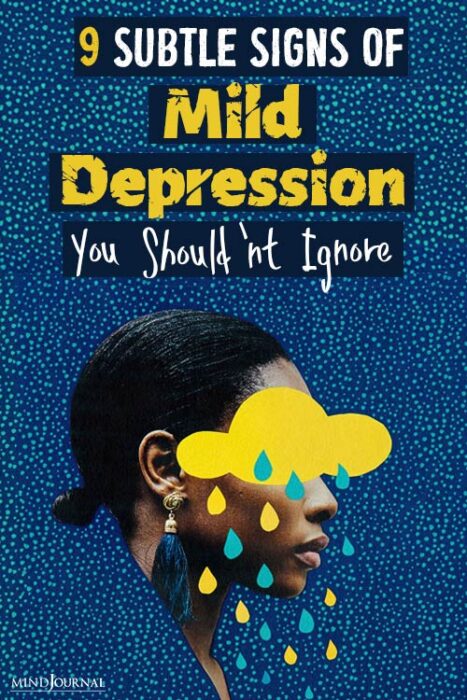
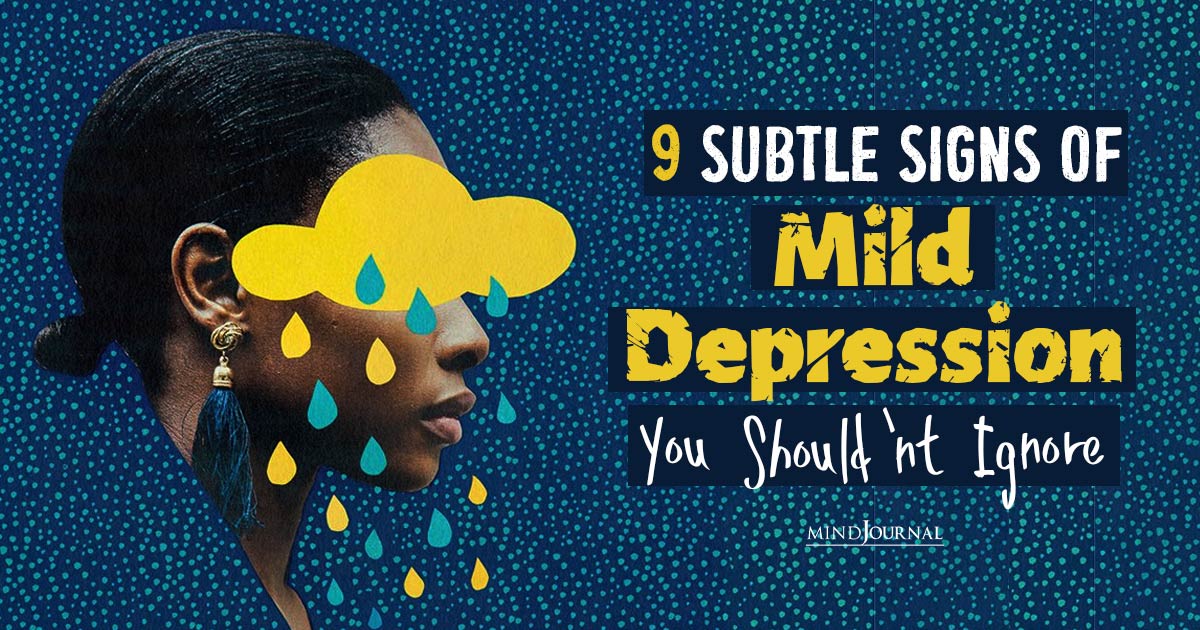





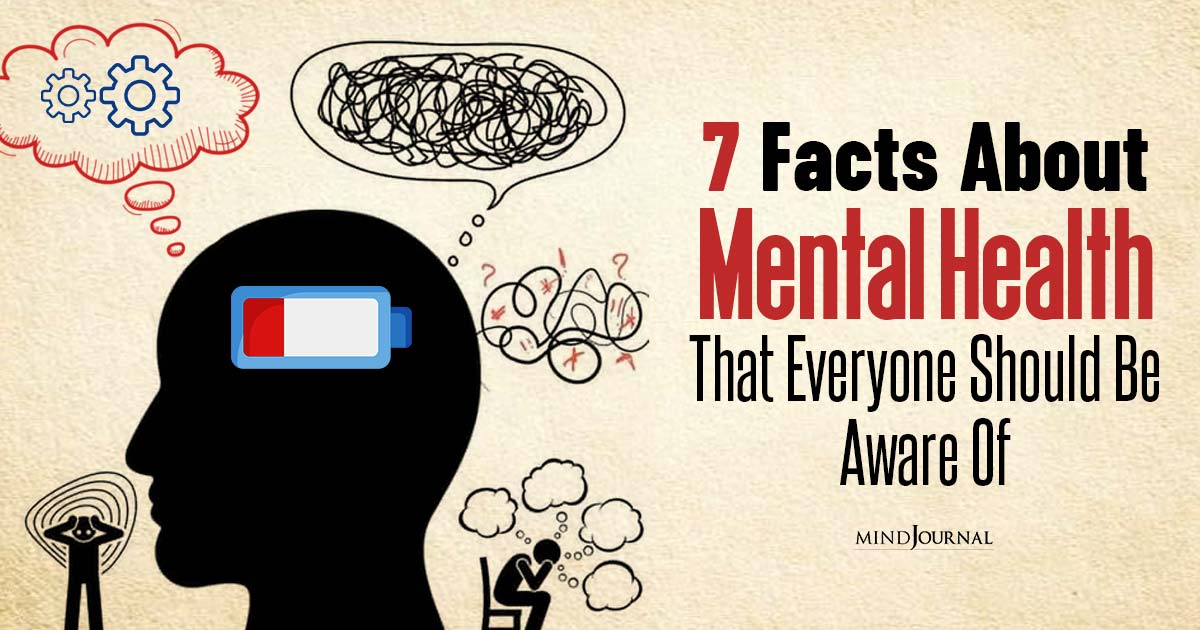

Leave a Reply
You must be logged in to post a comment.